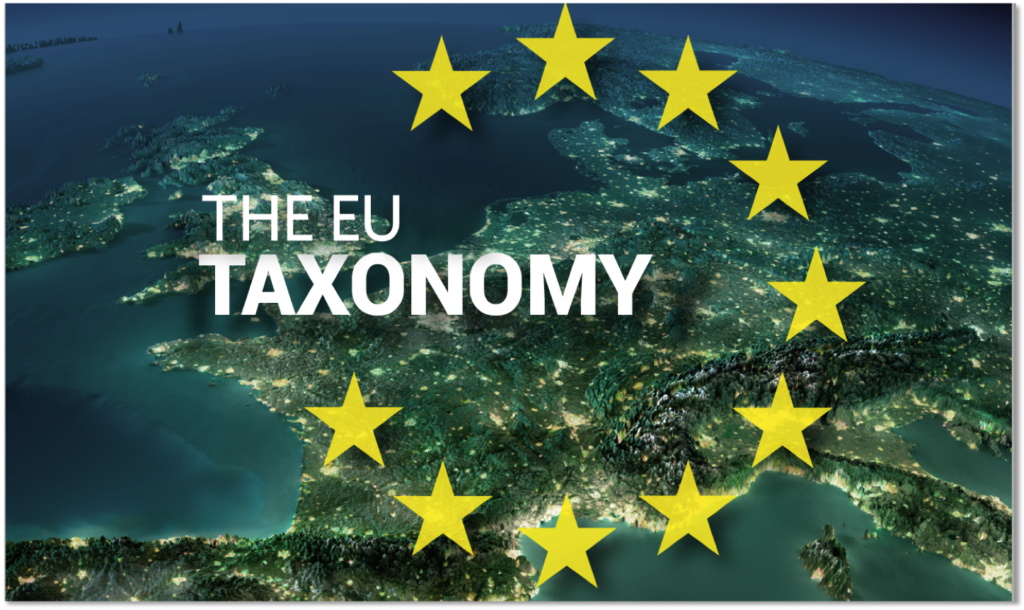Press Release on the Taxonomy complementary Delegated Act covering natural gas
Following the adoption of the Taxonomy complementary Delegated Act covering natural gas on 2 February 2022, GasNaturally – representing the entire European gas value chain – has issued for immediate release the press statement accessible below.
3 February 2022. GasNaturally welcomes the European Commission Taxonomy complementary Delegated Act recognising the key role of natural gas in the energy transition. However, a few shortcomings remain.
Following the adoption, President of GasNaturally Dawn Summers said: “We commend the Commission decision to support the deployment of natural gas to continue displacing coal in power generation and heating, while integrating growing variable renewable electricity. We believe this is an encouraging first step on the path to achieve EU’s climate goals. It is critical that gas-related activities have timely access to sustainable and transition finance so that they can fully take up their role as a powerful decarbonisation lever to accelerate the transition.”
However, Gas Naturally believes the Delegated Act contains key shortcomings, which include:
- Lack of full recognition of the role of gas in the energy transition, not just in replacing coal in baseload power generation, but also in supporting the deployment of intermittent renewable energy in the power sector by balancing the grid.
- A threshold of 270g CO2e/kWh CO2e direct emissions per kWh electricity generated, well below the direct emissions threshold of 340g CO2e/kWh necessary to include the financing of investments of even the most efficient combined cycle natural gas fired power plants.
Addressing these shortcomings in future reviews of the Taxonomy complementary Delegated Act is necessary to allow the financing of investments into natural gas-fired power generation.
Going forward, Gas Naturally encourages the EU co-decisionmakers to adopt a regulatory framework that enables gaseous solutions to deliver on the needs of the EU’s energy supply and security and its climate ambitions. At the same time, prospective reviews of the Taxonomy Regulation should consider widening the scope to low-carbon, recycled, and renewable gases in off-grid areas and for all their uses beyond gas-fired power generation.
Summers concluded: “Our mission is to enable the EU’s decarbonisation in the coming decades – both in hard-to-abate sectors that cannot be fully electrified for technical or economic reasons, as well as in sectors where a mix of solutions will be required to fulfil demand up to and beyond 2050.”
